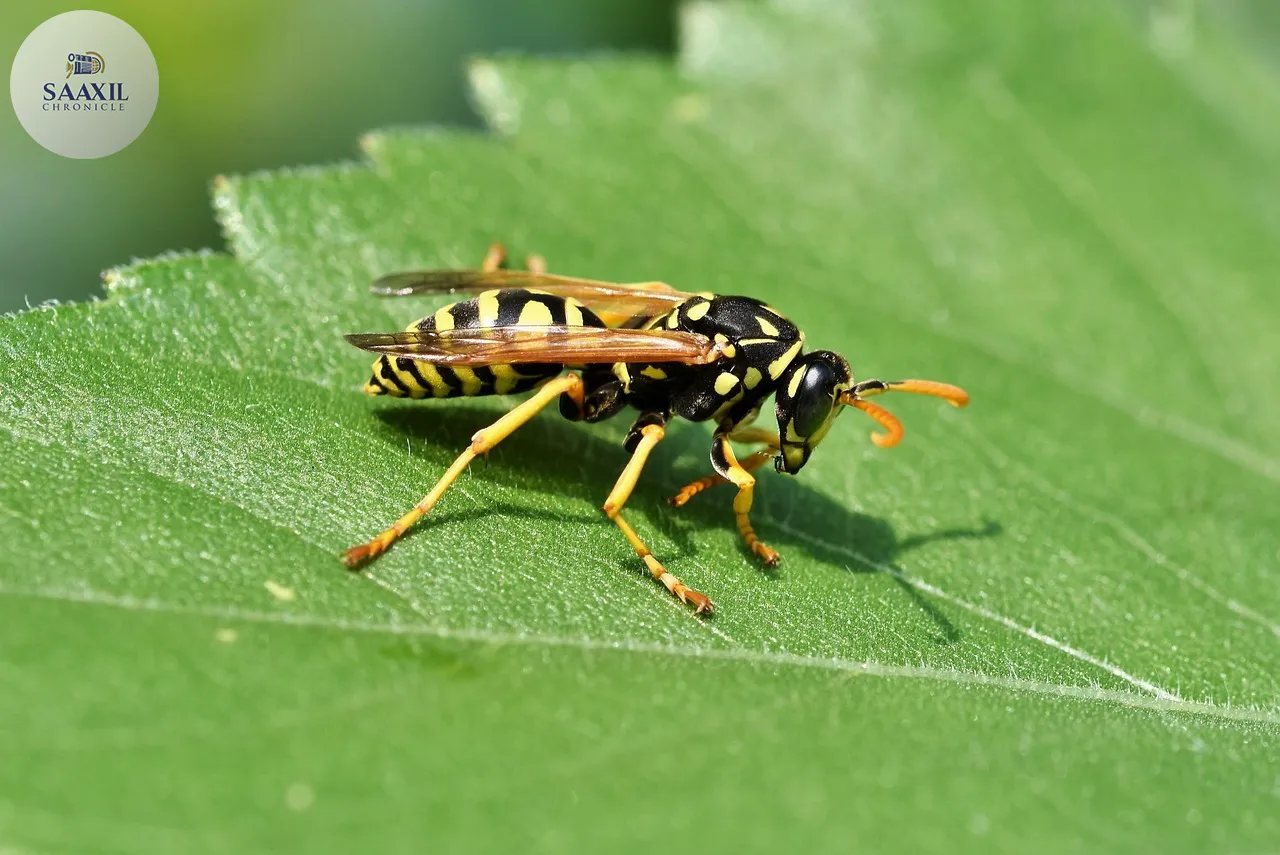A surge in wasp populations during warmer months often leads to increased encounters with these stinging insects. Many homeowners seek safe, non-toxic methods to manage wasp presence, and vinegar has emerged as a popular solution. This humble kitchen staple offers an eco-friendly alternative to chemical pesticides, providing an effective means of wasp deterrence.
Vinegar’s Role in Wasp Management
Vinegar, a common household product, is known for its strong scent and acidic properties. These characteristics make it an effective tool in repelling wasps. When used correctly, vinegar can deter wasps from nesting around homes and outdoor areas, reducing the risk of stings and allowing for a more peaceful coexistence with nature.
The process involves creating a vinegar-based spray that can be applied to areas where wasps are likely to gather. This method not only helps in keeping wasps at bay but also ensures that the environment remains safe for humans and pets. Unlike chemical pesticides, vinegar poses no threat of toxic exposure, making it a preferred option for environmentally conscious individuals.

Understanding the Science Behind Vinegar’s Effectiveness
The effectiveness of vinegar in repelling wasps lies in its acetic acid content. Wasps have a keen sense of smell, which they use to locate food sources and identify potential threats. The pungent odour of vinegar disrupts their sensory perception, making it difficult for them to navigate and identify areas for nesting.
Moreover, the acidity of vinegar can also affect the exoskeleton of wasps, acting as a deterrent. Although vinegar does not kill wasps instantly, its repeated application can discourage them from returning to treated areas. This makes vinegar a sustainable and humane option for wasp control.
Implementing Vinegar-Based Solutions
To effectively use vinegar against wasps, one can prepare a simple spray solution. Mix equal parts of water and vinegar in a spray bottle, and add a few drops of dish soap. The soap helps the solution adhere to surfaces and increases its effectiveness. This mixture can be sprayed around eaves, window frames, and other areas where wasps are frequently spotted.
For best results, apply the vinegar solution during the early morning or late evening when wasps are less active. Regular application, especially during peak wasp season, can significantly reduce the presence of these insects. It’s important to note, however, that while vinegar is effective in prevention, it may not be as efficient in eliminating established nests.
Expert Insights on Natural Pest Control
Experts in pest control emphasize the importance of integrated pest management (IPM), which combines various strategies for effective and sustainable pest control. According to Dr. Sarah Richards, an entomologist at the University of London, “Using natural solutions like vinegar aligns with the principles of IPM, which focus on long-term prevention and minimal environmental impact.”
Dr. Richards also advises homeowners to maintain cleanliness and remove food sources that attract wasps. “Simple measures like sealing garbage bins and cleaning up food spills can reduce wasp attraction significantly,” she notes.
The Broader Implications of Eco-Friendly Pest Control
The shift towards natural pest control methods reflects a growing awareness of environmental sustainability. As more people become conscious of the impact of chemical pesticides on ecosystems, alternatives like vinegar gain popularity. This trend not only benefits individual households but also contributes to broader ecological health.
Natural solutions like vinegar play a crucial role in reducing the chemical load on the environment. By opting for such methods, homeowners can protect beneficial insects and promote biodiversity in their gardens and outdoor spaces. Additionally, these practices support the health and safety of families and pets, fostering a harmonious relationship with nature.
The use of vinegar for wasp control exemplifies a simple yet effective approach to managing pest issues. As awareness of eco-friendly practices continues to grow, solutions like these pave the way for a more sustainable future. Homeowners are encouraged to explore natural alternatives and contribute to the collective effort of preserving our planet’s health.





